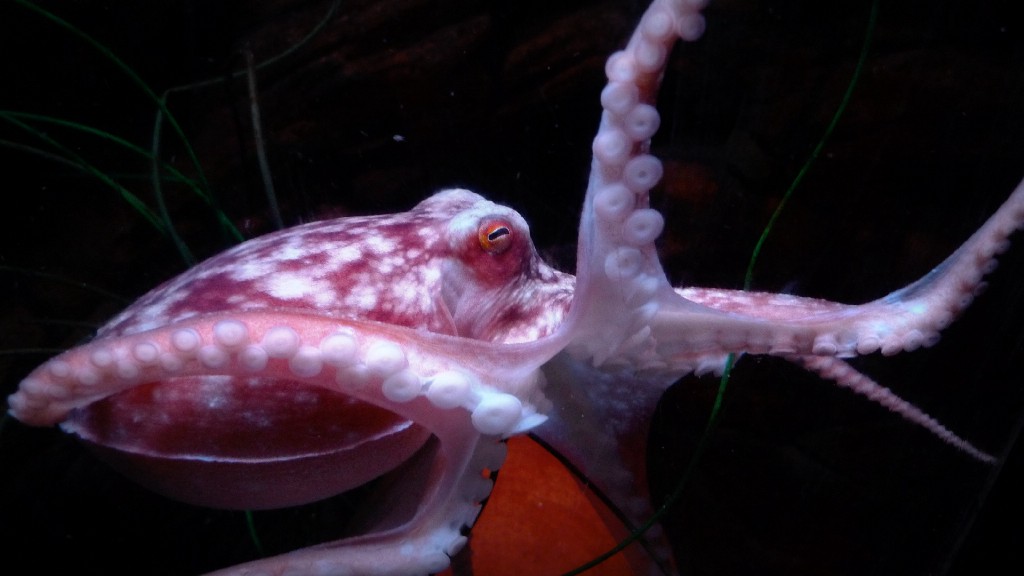Octopuses Are Basically Aliens On Earth
It’s the movie ‘Arrival’ come to life.

It’s firmly established that octopuses are smart: they’re difficult research subjects because they destroy equipment and squirt the scientists; they escape from aquariums; they defend themselves with rocks. But their sentience has always been questioned. As humans we understand our own complex brains and can observe similarities between ourselves and say, the apes, but could it be possible that evolution on our planet generated sentient minds twice over, in two separate prongs of the animal kingdom? According to a new book from scuba-diving philosopher Peter Godfrey-Smith, it seems like the answer is “probably”:
The most-recent common ancestors of humans and octopuses lived about 600 million years ago, early in the evolution of animal life. Although much about our joint ancestors is obscure, they were probably small wormlike creatures that lived in the sea. This makes octopuses very different from other animals we suspect of sentience, such as dolphins and dogs, parrots and crows, which are much more closely related to us.
But the intelligence of an octopus relative is a little less apparent to the human mind. Squid, cuttlefish, sea snails — they’re not necessarily the first names on the board when you’re listing complex beings capable of self-reflection. That doesn’t mean they’re not intelligent though, it just means that a cephalopod brain might not respond to the same kinds of IQ tasks a human brain does. We might not be testing them in the right language yet.
According to New York magazine’s Science of Us blog:
Why would tasks that measure human cognition be relevant for cephalopod thinking? …Because of the vastly different evolutionary histories, and the environment the animal has had to find fitness in, octopus intelligence is likely structured in a very different way from a human’s… And in trying to assess their intelligence, science is likely going to have to re-frame its understanding of human smarts, too.
If what he’s suggesting is starting to sound like the 2016 blockbuster Amy Adams vehicle Arrival, it’s because it essentially is. Only instead of spaceships we’re dealing with these other animals living on our planet simultaneously.
“If we can make contact with cephalopods as sentient beings, it is not because of a shared history, not because of kinship, but because evolution built minds twice over,” Godfrey-Smith says. “This is probably the closest we will come to meeting an intelligent alien.”
Dang.
